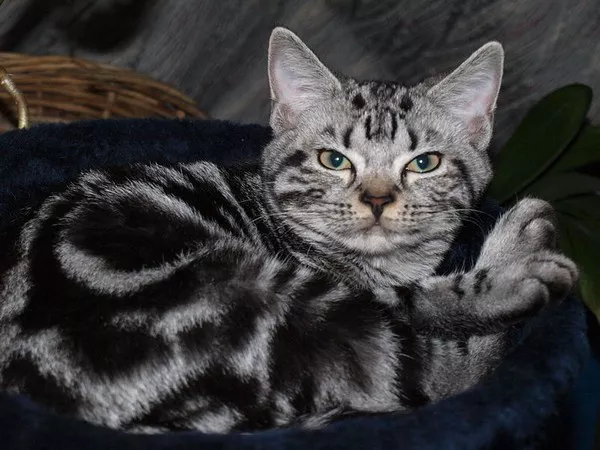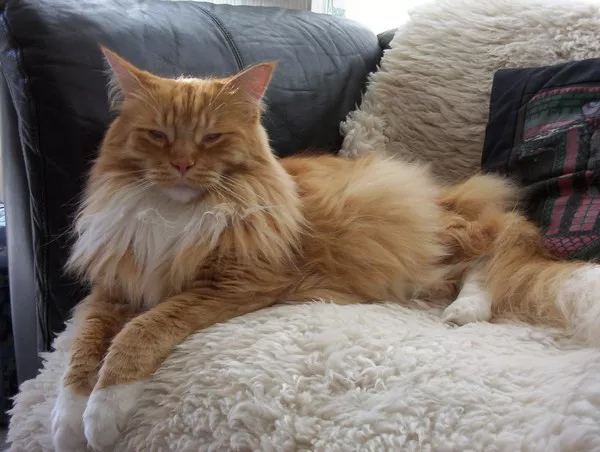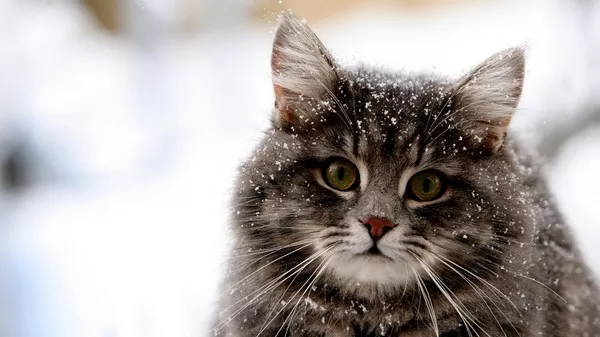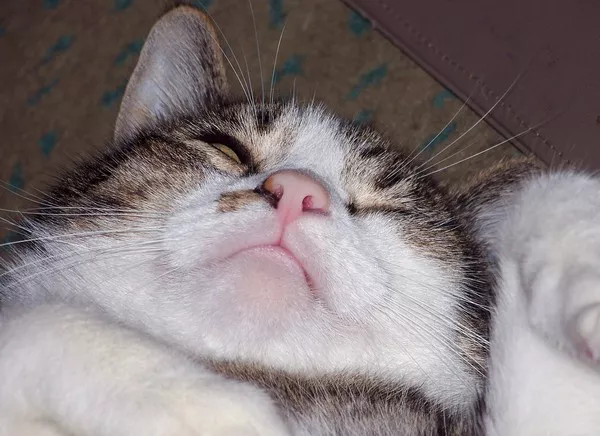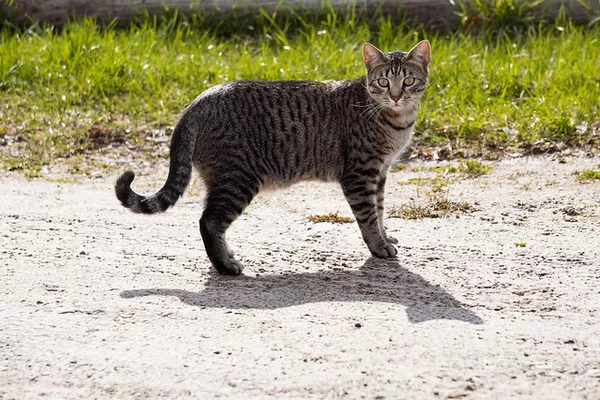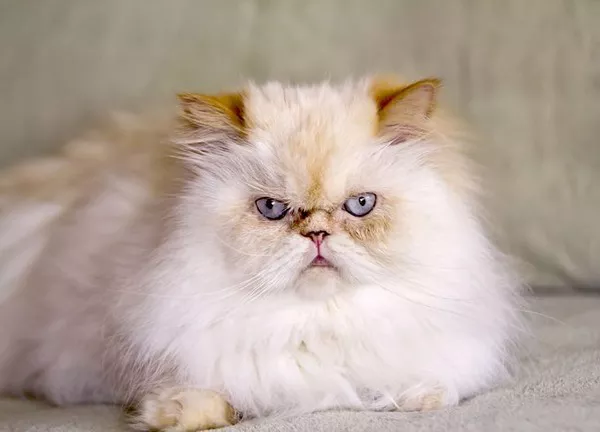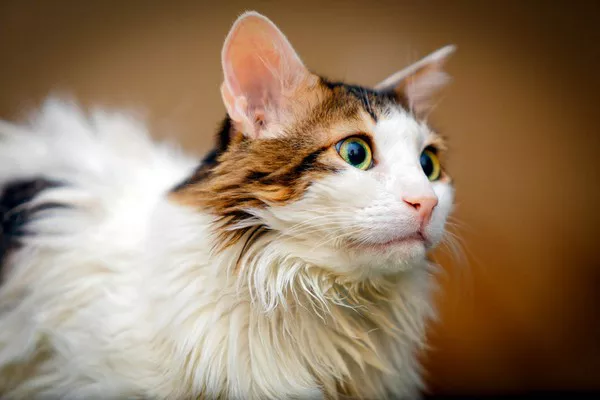The American Shorthair is a popular and beloved breed known for its sturdy build, affectionate nature, and striking appearance. While they are generally robust and healthy cats, like any breed, American Shorthairs can be prone to certain health issues. In this article, we provide a comprehensive overview of the common health problems that can affect American Shorthair cats. By understanding these potential health concerns, cat owners can be proactive in recognizing symptoms, seeking timely veterinary care, and implementing preventive measures to ensure the well-being of their feline companions.
Hypertrophic Cardiomyopathy (HCM)
a. Overview: Hypertrophic cardiomyopathy is a common heart disease in cats, including American Shorthairs. It is characterized by the thickening of the heart muscle, which can lead to various complications, such as heart murmurs, congestive heart failure, and blood clots.
b. Genetic Predisposition: HCM has a hereditary component, and certain genetic mutations have been identified in American Shorthairs that increase their susceptibility to developing the condition.
c. Symptoms and Diagnosis: Symptoms of HCM may include heart murmurs, rapid or labored breathing, lethargy, and sudden collapse. Diagnosis typically involves a thorough physical examination, echocardiogram, and, if necessary, genetic testing.
d. Management and Treatment: While HCM has no cure, early detection and management can help control symptoms and prolong a cat’s life. Treatment may involve medications to manage heart function, blood clot prevention, and regular monitoring by a veterinarian.
Polycystic Kidney Disease (PKD)
a. Overview: Polycystic kidney disease is an inherited condition characterized by the formation of cysts in the kidneys. It can lead to progressive kidney damage and impaired renal function.
b. Genetic Predisposition: PKD is inherited in an autosomal dominant manner, and certain genetic mutations have been identified in American Shorthairs that increase their risk of developing the disease.
c. Symptoms and Diagnosis: Early stages of PKD may not present noticeable symptoms. As the disease progresses, signs such as increased thirst, frequent urination, weight loss, and poor appetite may manifest. Diagnosis is typically confirmed through ultrasound or DNA testing.
d. Management and Treatment: While there is no cure for PKD, management involves supportive care to slow the progression of the disease and manage symptoms. This may include a specialized diet, hydration support, and monitoring kidney function through regular veterinary check-ups.
Obesity
a. Overview: Obesity is a prevalent health concern among domestic cats, including American Shorthairs. It occurs when cats consume more calories than they expend, leading to excess body weight and various associated health risks.
b. Contributing Factors: Factors such as overfeeding, lack of physical activity, and genetic predisposition can contribute to obesity in American Shorthairs.
c. Health Risks: Obesity increases the risk of several health problems, including diabetes, joint diseases, respiratory issues, and a decreased lifespan.
d. Prevention and Management: Preventing obesity involves providing a balanced diet, portion control, and engaging cats in regular exercise and play. If obesity occurs, a veterinarian can develop a weight management plan, which may include dietary changes, increased physical activity, and monitoring progress.
Dental Disease
a. Overview: Dental disease, including periodontal disease, is a common health issue in American Shorthairs. It involves the accumulation of plaque and tartar on the teeth, leading to inflammation, gum disease, and potential tooth loss.
b. Contributing Factors: Factors such as genetics, diet, and inadequate dental care can contribute to the development of dental disease in American Shorthairs.
c. Symptoms and Diagnosis: Symptoms of dental disease may include bad breath, swollen or bleeding gums, difficulty eating, and loose or missing teeth. Diagnosis is typically made through a dental examination by a veterinarian.
d. Prevention and Management: Preventing dental disease involves regular dental care, including tooth brushing, dental diets, and providing appropriate chew toys. Professional dental cleanings under anesthesia may be necessary to address existing dental issues.
Hypothyroidism
a. Overview: Hypothyroidism occurs when the thyroid gland does not produce enough thyroid hormone, leading to a range of symptoms and metabolic imbalances.
b. Symptoms and Diagnosis: Common symptoms of hypothyroidism may include weight gain, lethargy, hair loss, dry skin, and intolerance to cold. Diagnosis typically involves blood tests to measure thyroid hormone levels.
c. Treatment and Management: Hypothyroidism is usually managed through lifelong thyroid hormone supplementation. Regular monitoring by a veterinarian is necessary to adjust medication dosages as needed.
Other Health Considerations
a. Genetic Screening: Due to the potential hereditary nature of certain health conditions, including HCM and PKD, breeders may perform genetic screening tests to reduce the risk of passing on these genetic disorders.
b. Routine Veterinary Care: Regular veterinary check-ups, vaccinations, and preventive care are essential for maintaining the overall health and well-being of American Shorthair cats. Vaccinations should be kept up to date to protect against common infectious diseases.
c. Parasite Prevention: Regular flea, tick, and internal parasite prevention, such as deworming, is crucial for preventing infestations and related health issues.
d. Environmental Enrichment: Providing a stimulating environment with plenty of opportunities for play, exercise, and mental stimulation can contribute to the overall health and happiness of American Shorthairs.
e. Spaying/Neutering: Spaying or neutering your American Shorthair not only helps prevent unwanted litters but also reduces the risk of certain health issues, such as reproductive cancers and behavioral problems.
Conclusion
While American Shorthair cats are generally healthy and resilient, it is important to be aware of the potential health problems that can affect this breed. Understanding the common health concerns, such as hypertrophic cardiomyopathy, polycystic kidney disease, obesity, dental disease, hypothyroidism, and the importance of routine veterinary care, can help cat owners take proactive measures to ensure the well-being of their furry companions. Regular veterinary check-ups, genetic screening, proper nutrition, dental care, and a stimulating environment can significantly contribute to the overall health and longevity of American Shorthair cats. By staying informed and seeking veterinary care when needed, cat owners can provide their American Shorthairs with a happy and healthy life.

